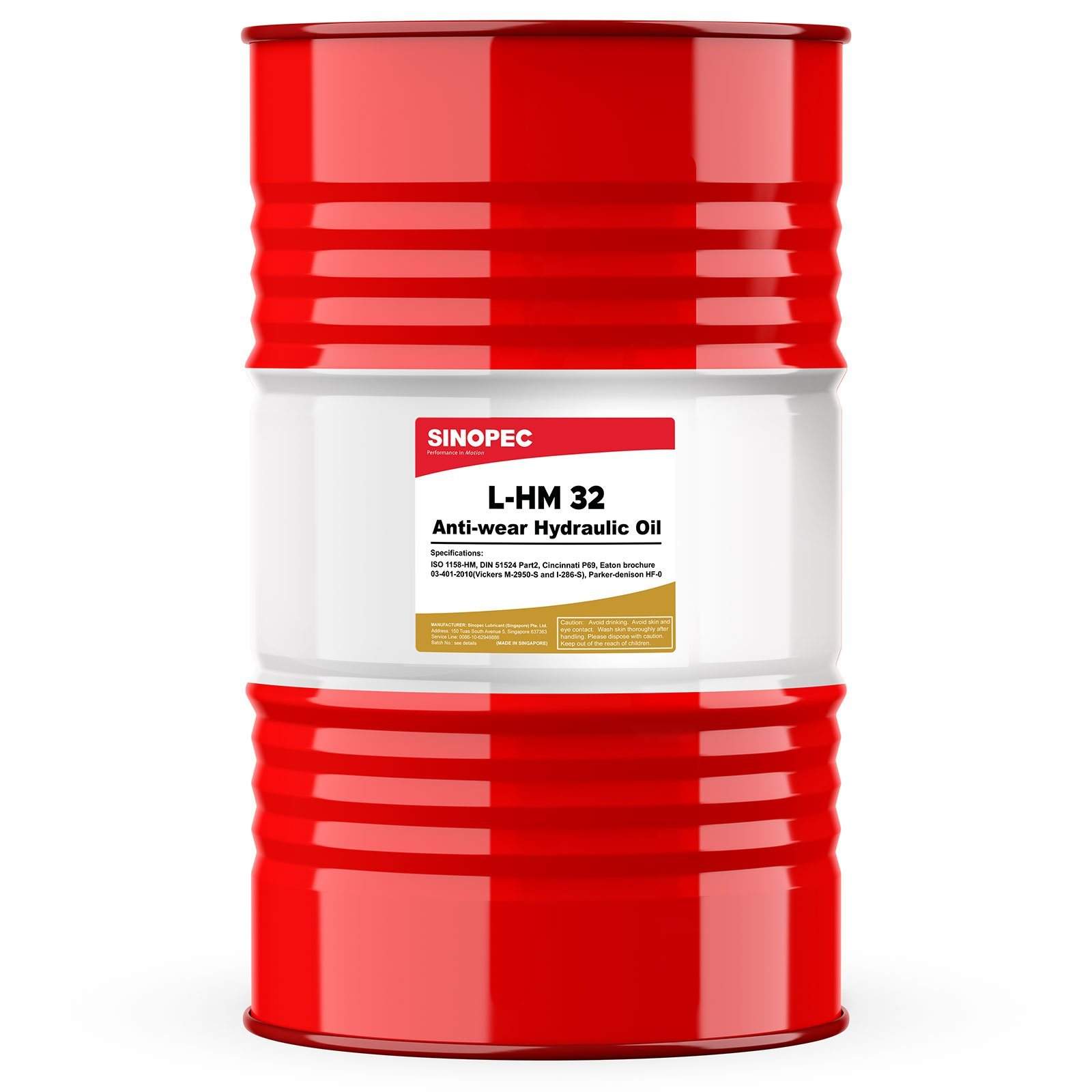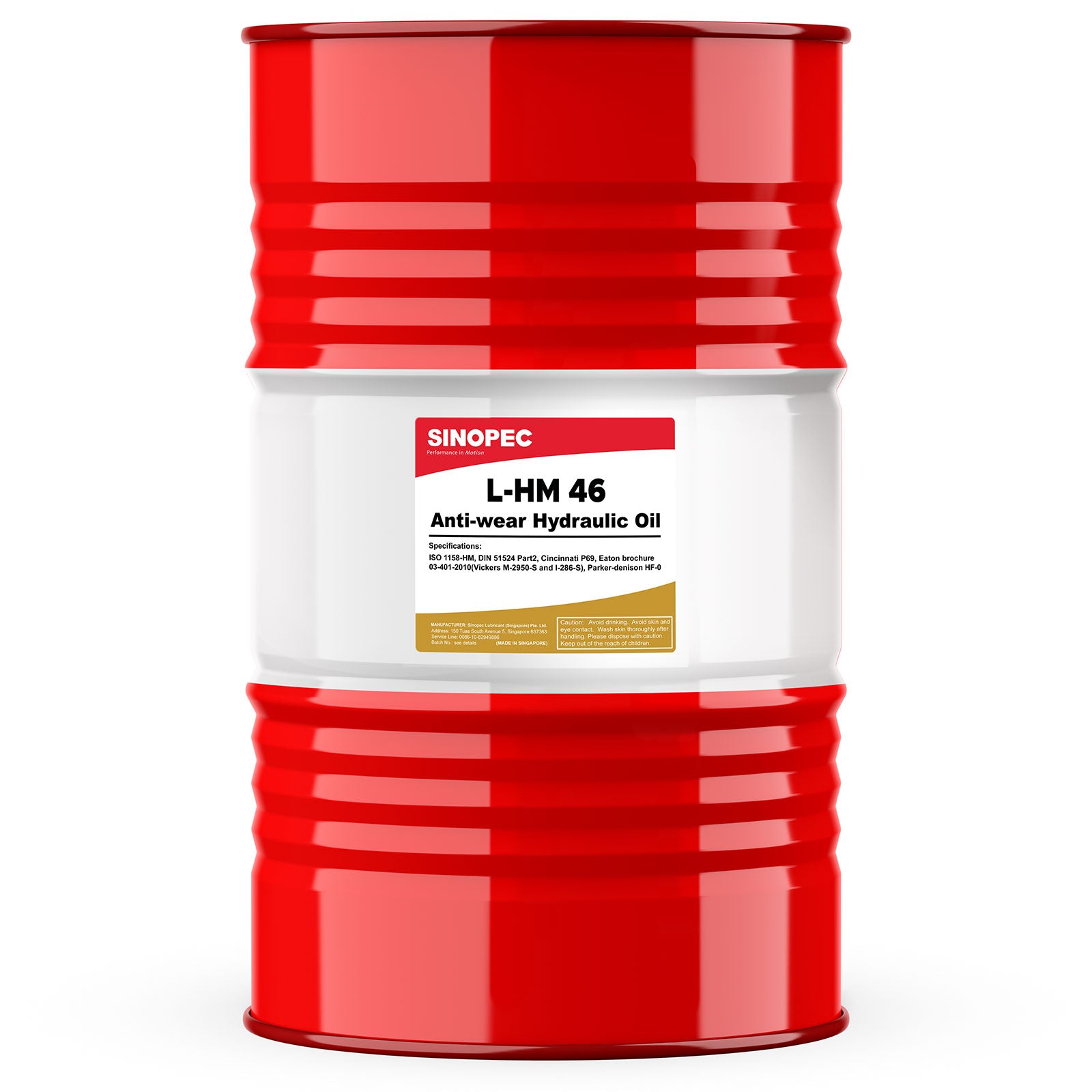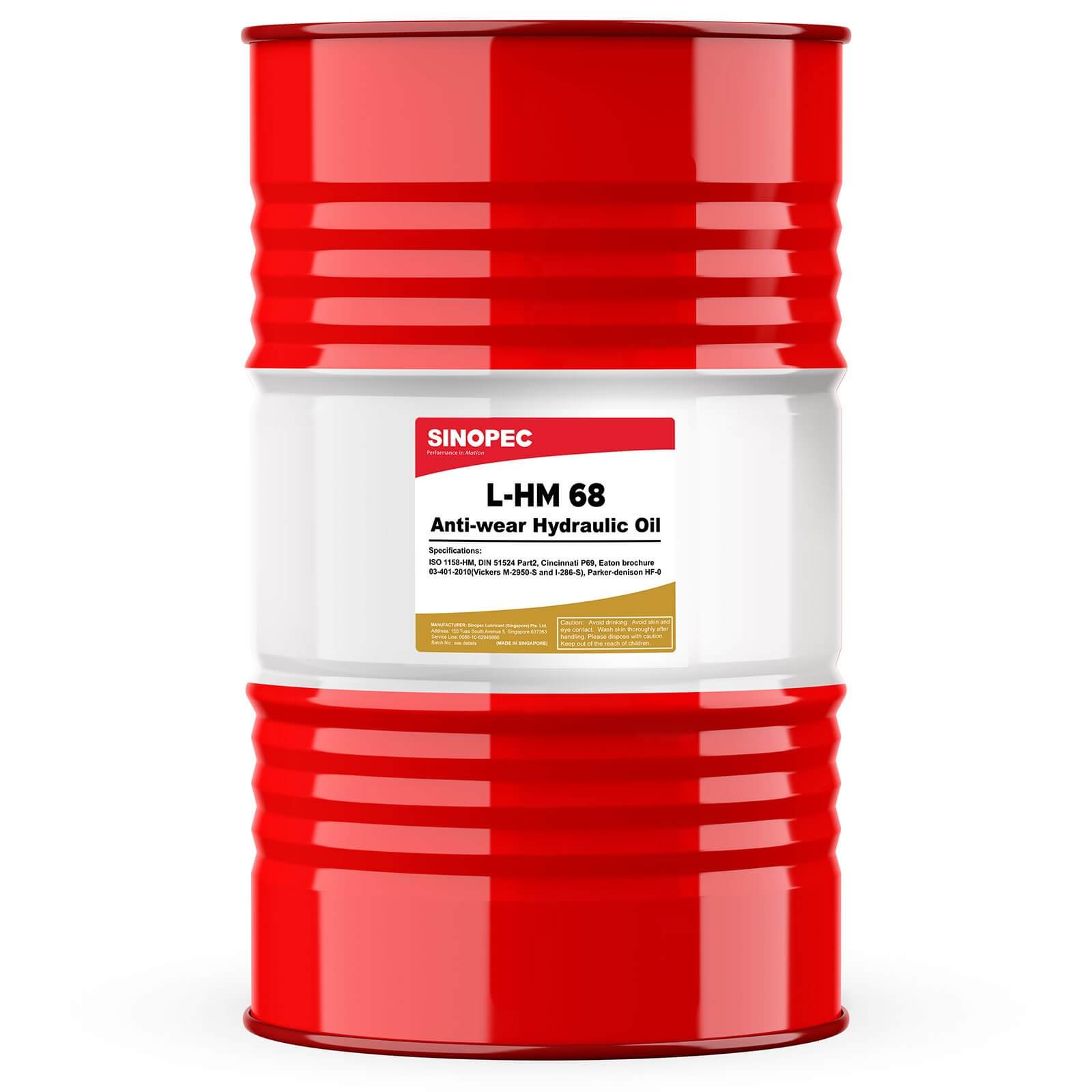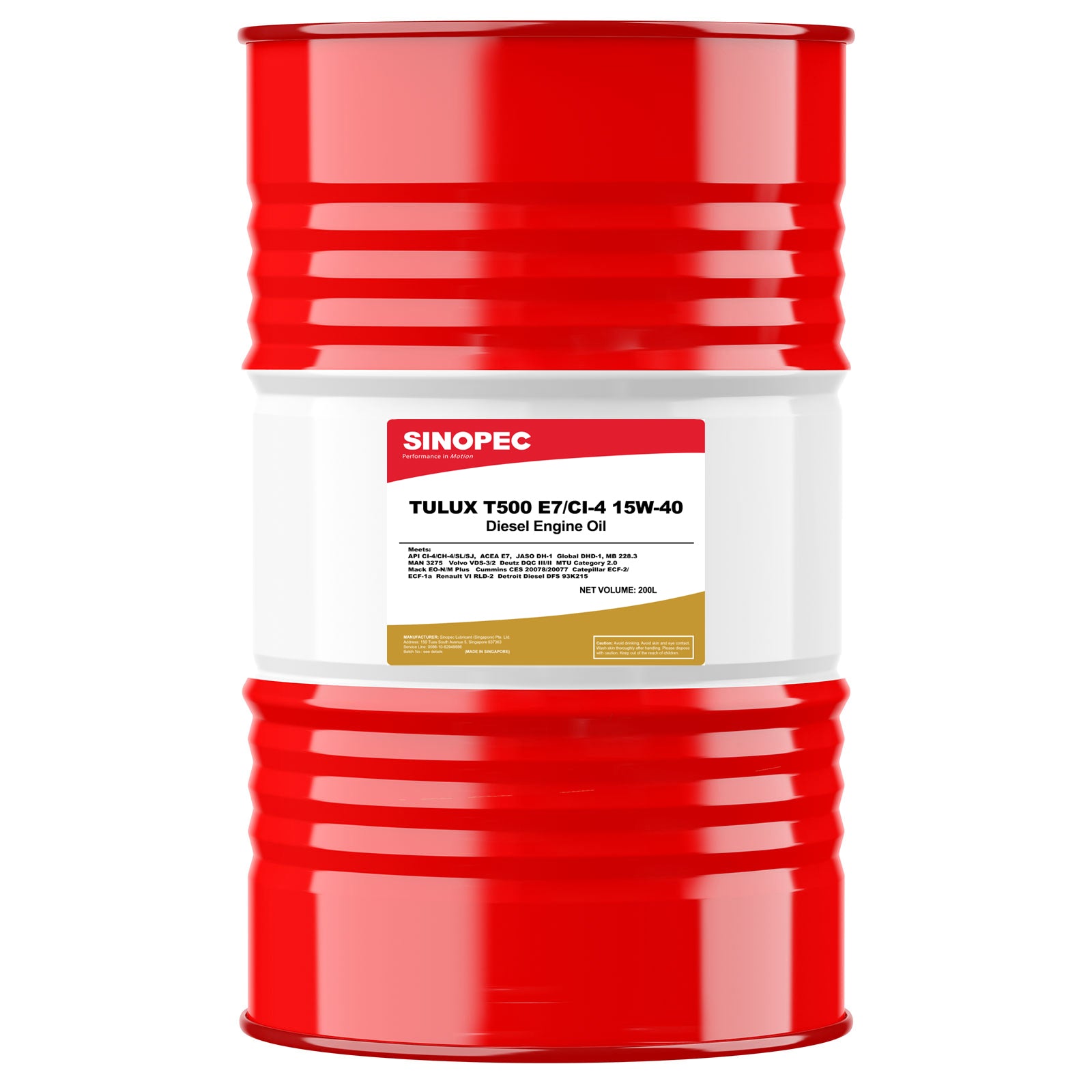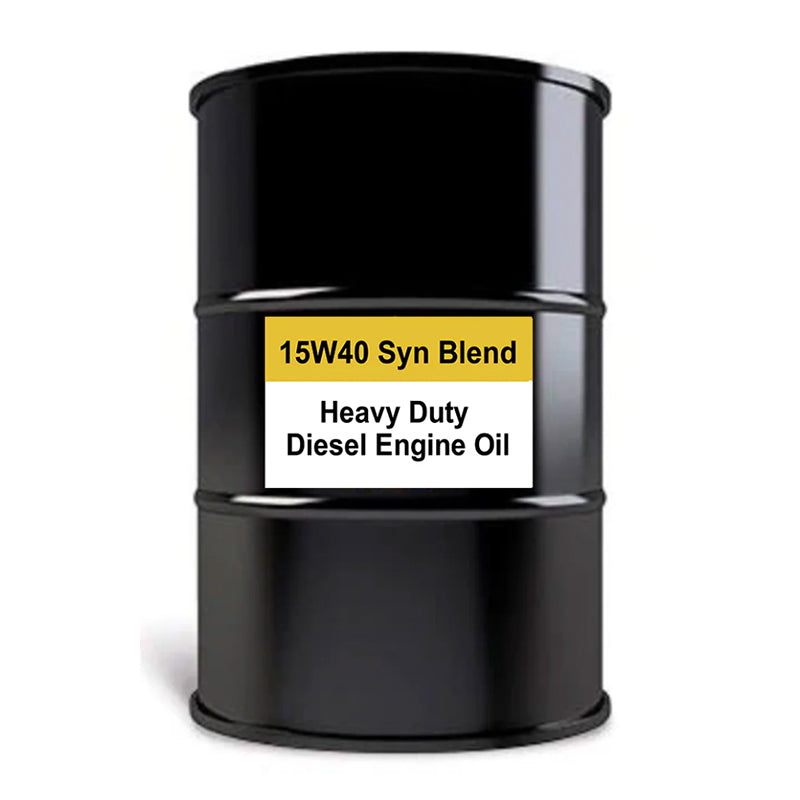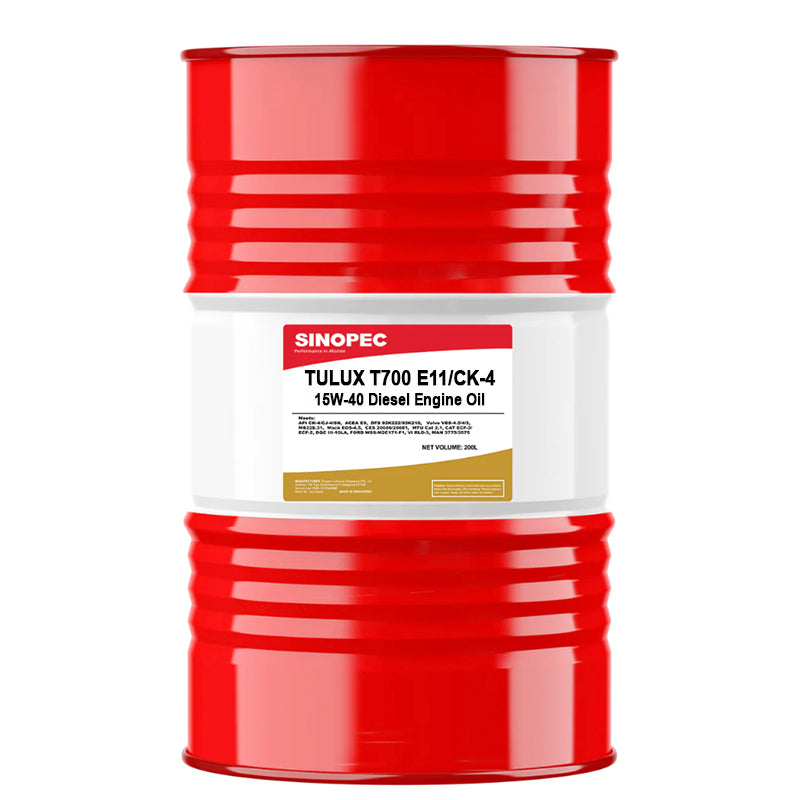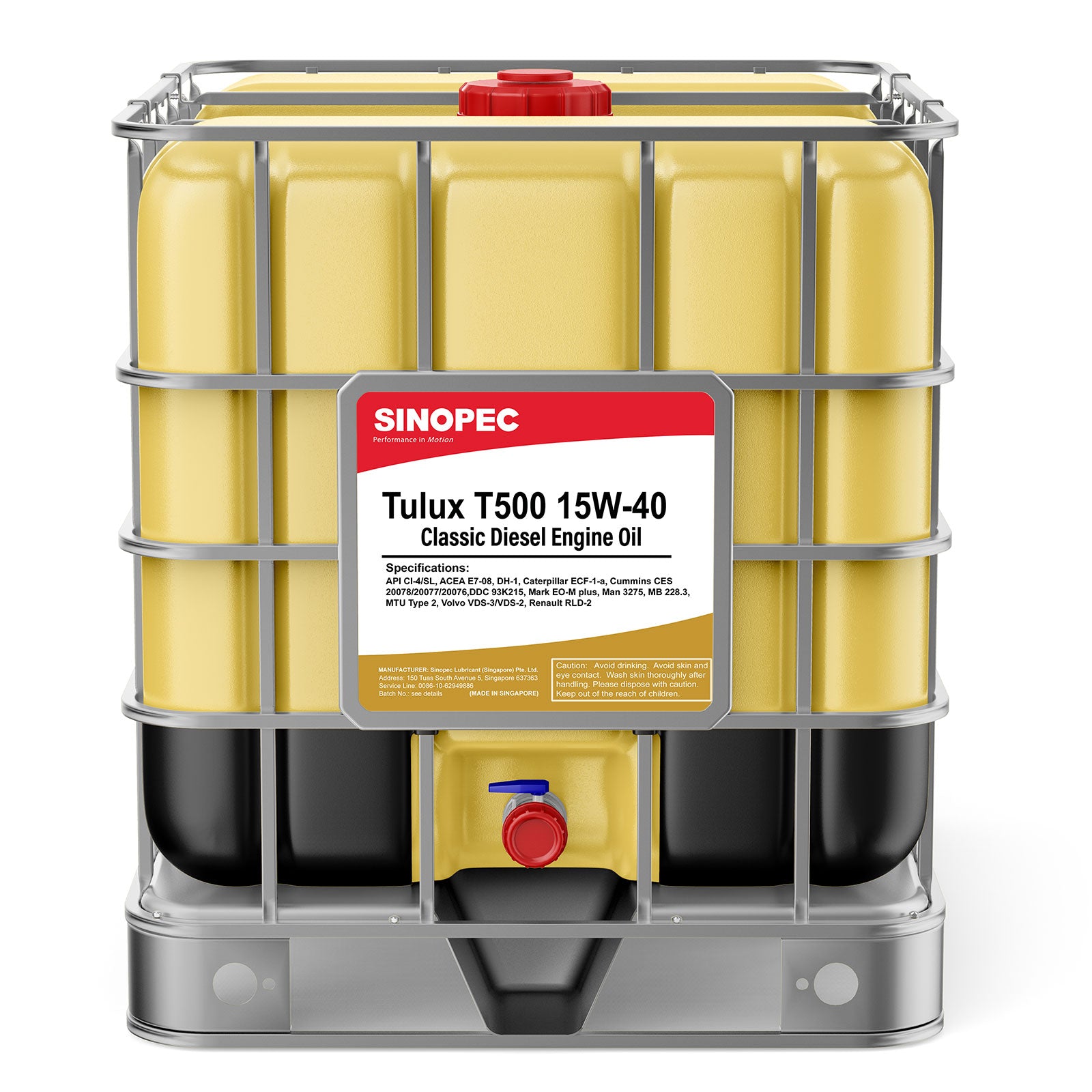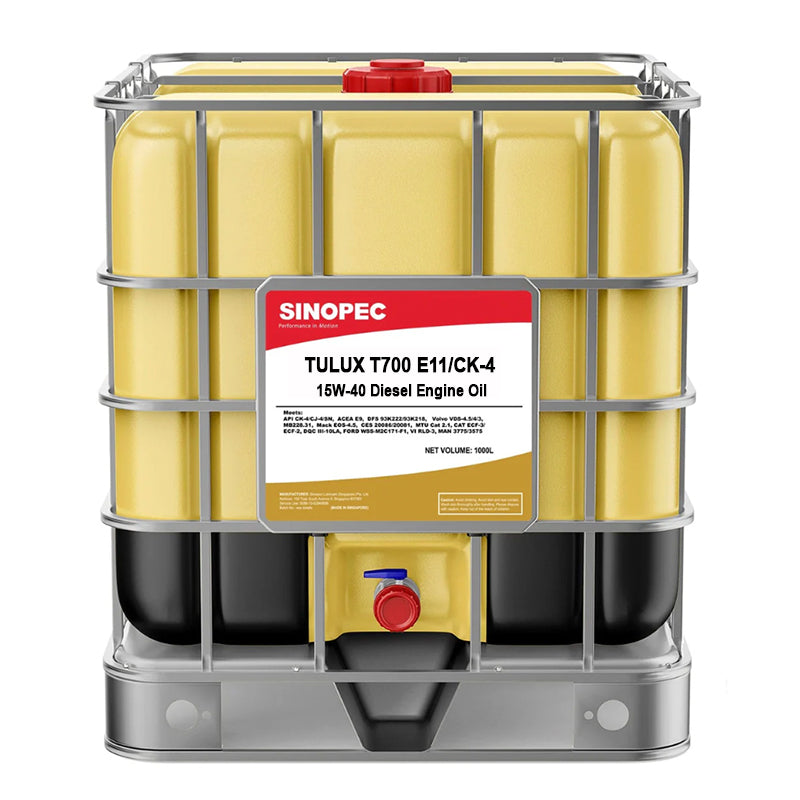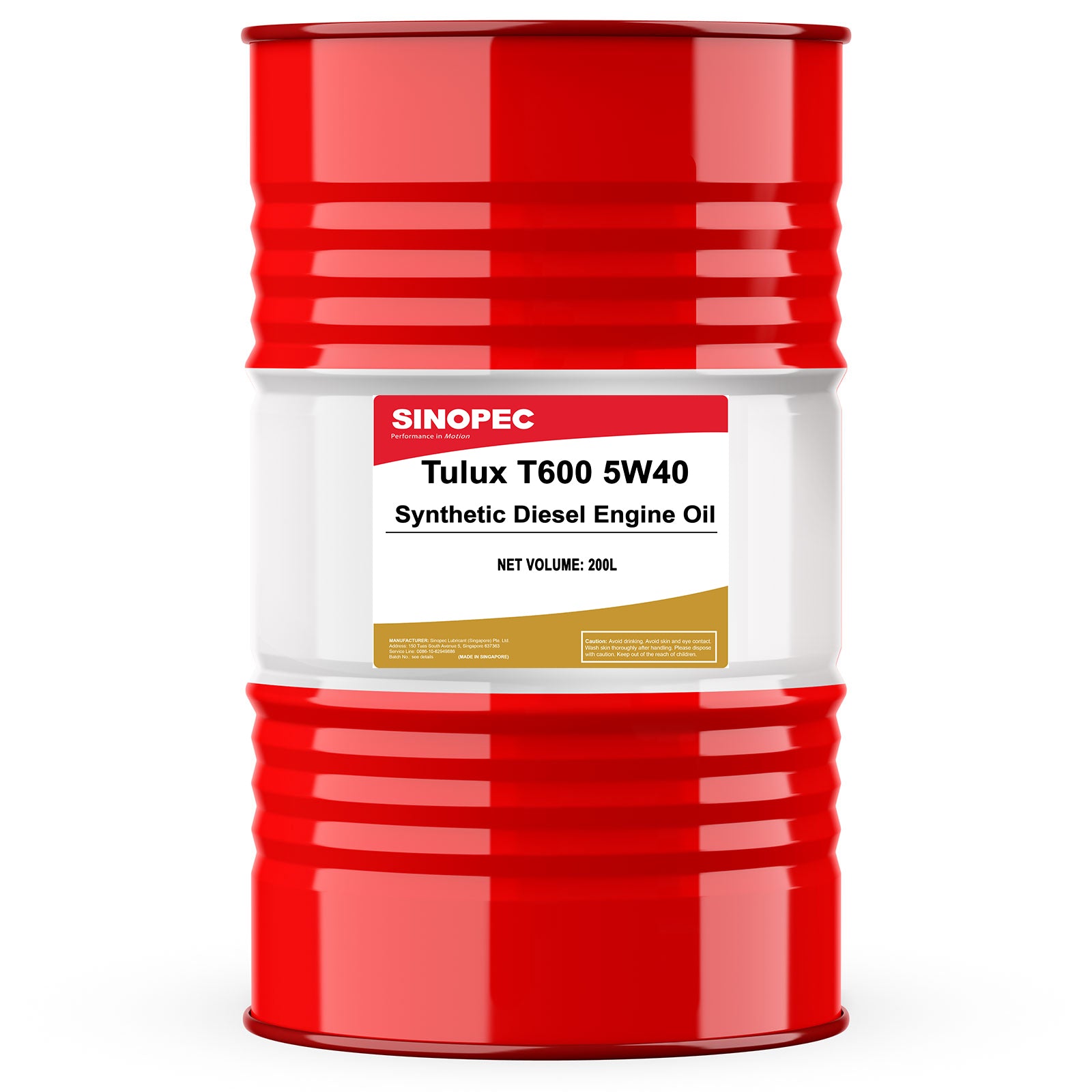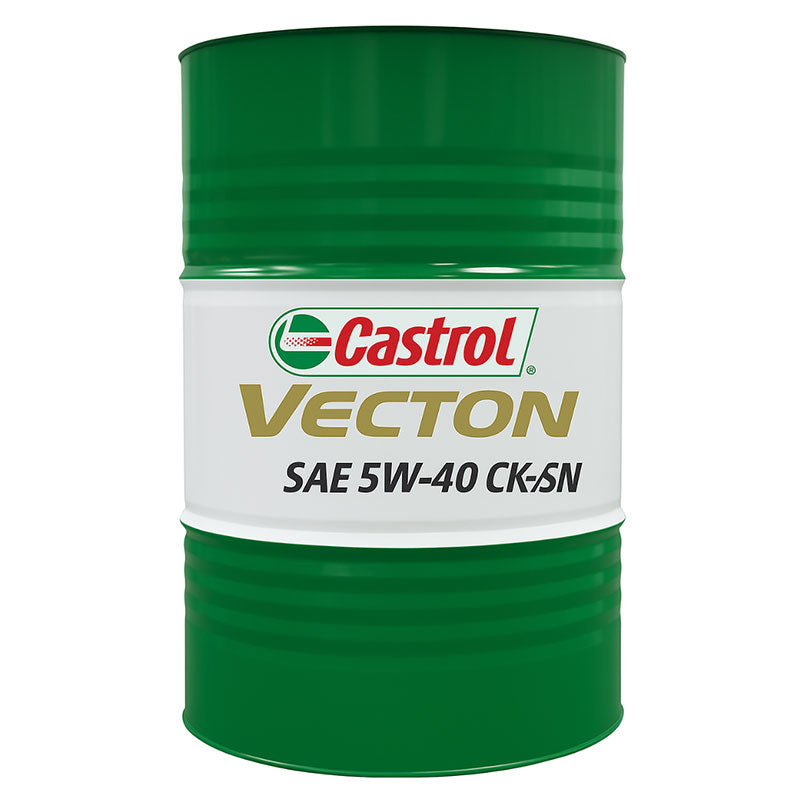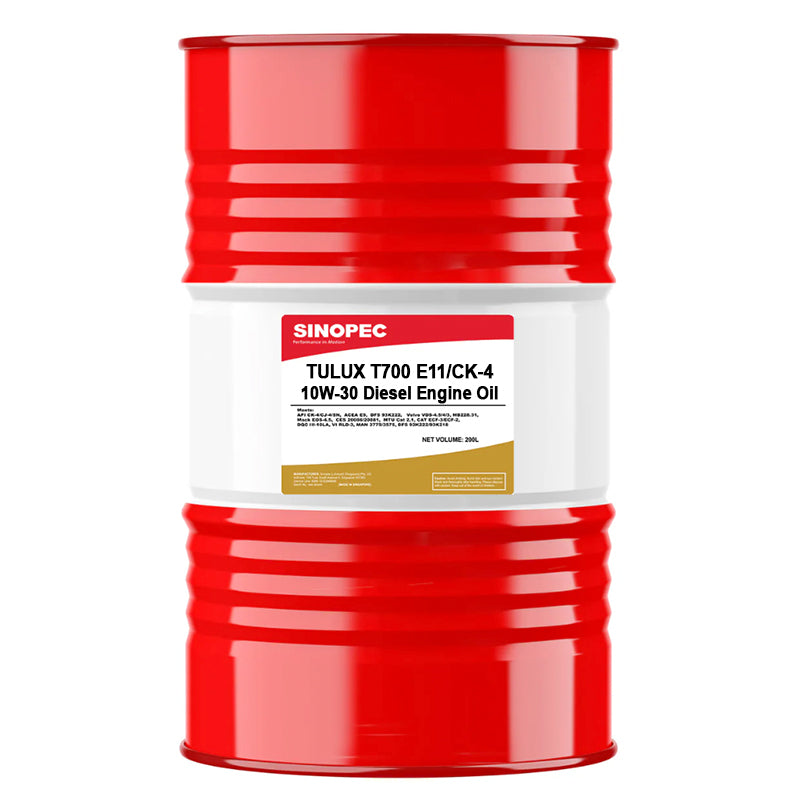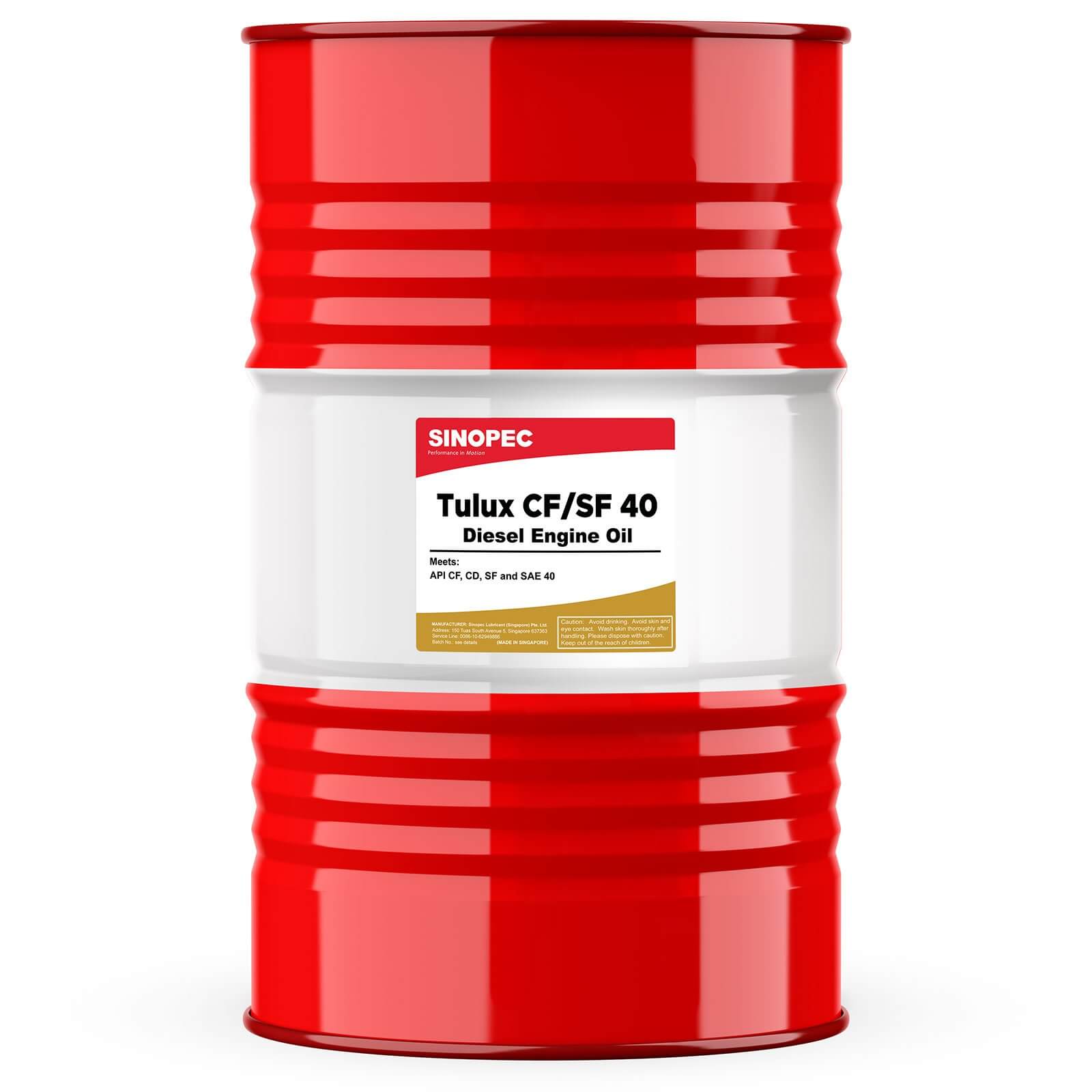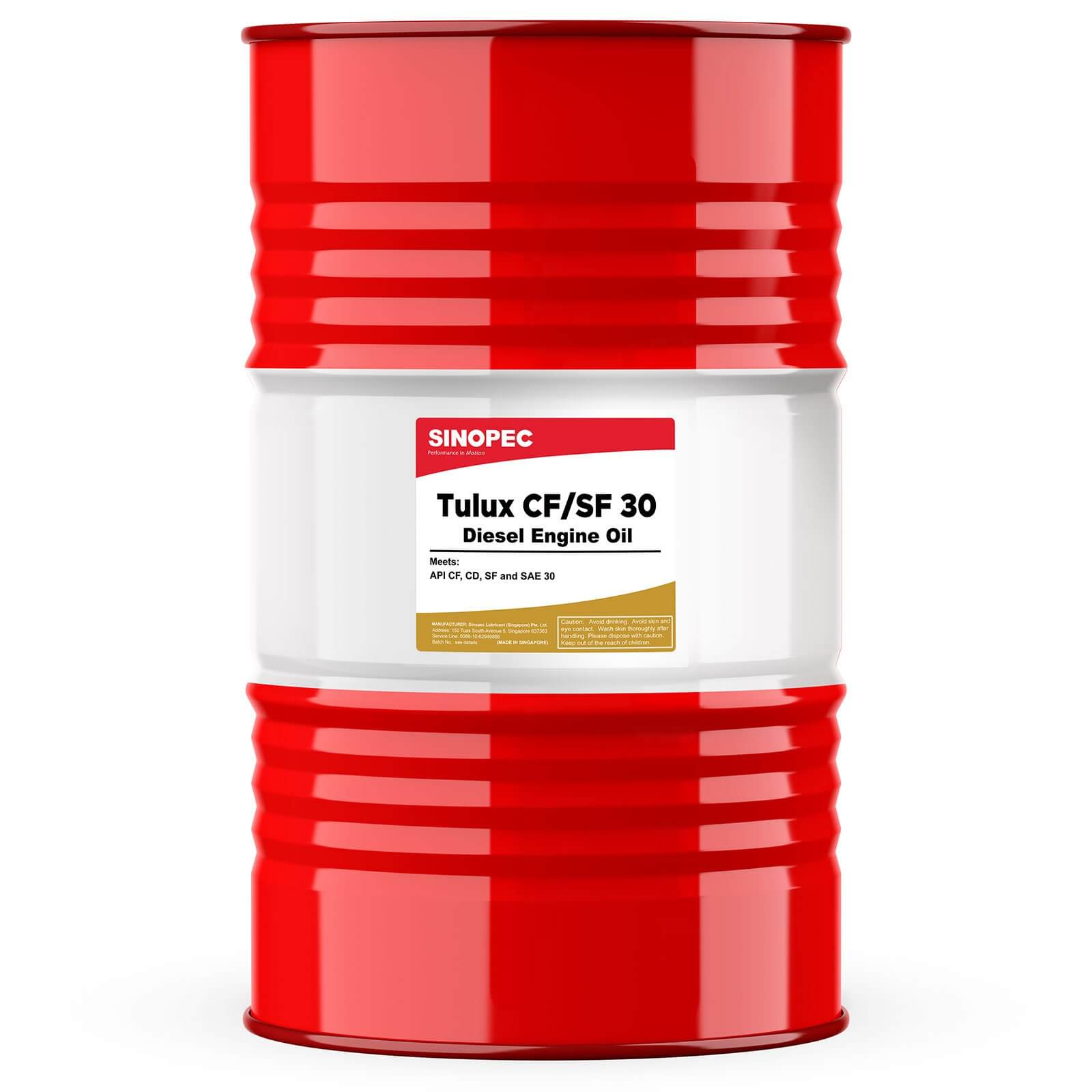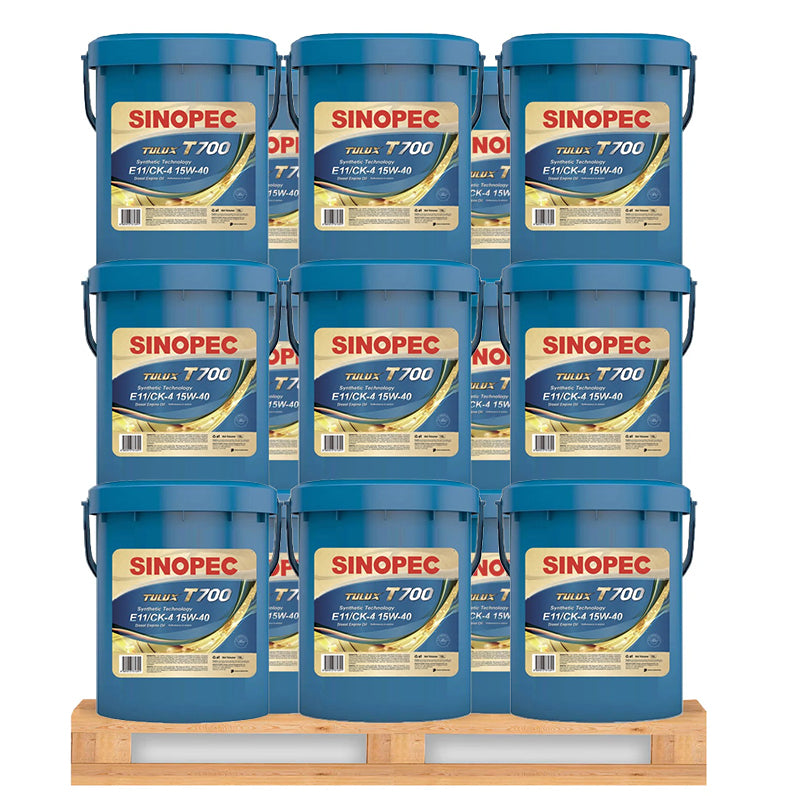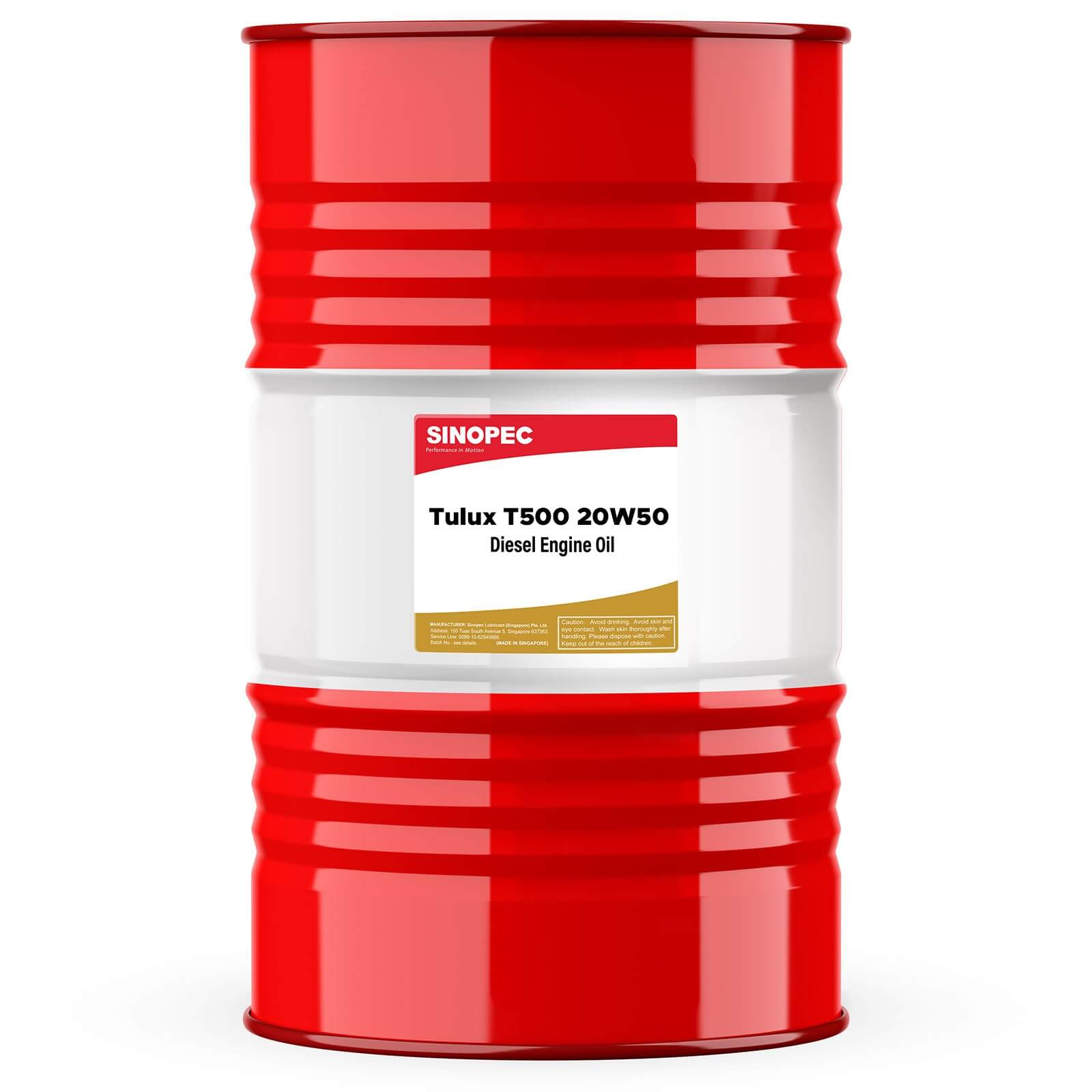In the realm of industrial and manufacturing, efficiency and longevity of machinery are the keystones to successful operations. An essential element that plays a pivotal role in achieving these objectives is the use of appropriate lubricants. Industrial lubricants are not just fluids; they are the lifeblood of the machines, ensuring smooth operations, reducing wear and tear, and extending the life expectancy of the equipment.
The Importance of Industrial Lubricants
Industrial lubricants serve multiple purposes, including reducing friction, protecting against wear, providing a seal, and acting as a coolant. In any industrial setting, from automotive assembly lines to power generation plants, the right lubricant makes all the difference. It ensures that machinery operates efficiently and maintains performance under a range of conditions and temperatures.
Types of Industrial Lubricants
- Oils: Straight oils used in cutting, lubricating, and hydraulic applications.
- Greases: Used where a thicker lubricant is necessary to stay in place and perform under heavy load, helping to seal out water and contaminants.
- Penetrating Lubricants: Designed to loosen rusted or frozen bolts, penetrate tiny spaces, and provide a thin, durable film that resists corrosion.
- Synthetic Lubricants: Provide superior mechanical and chemical properties for high-temperature and high-stress applications.
Each type of Sinopec can be formulated with various additives to enhance certain properties, such as anti-wear, corrosion inhibition, and oxidative stability. This customization allows lubricants to meet specific requirements and handle diverse industrial challenges.
Selecting the Right Lubricant
Choosing the right lubricant depends on many factors, including the type of machinery, operational conditions, environmental concerns, and manufacturer recommendations. Factors to consider include:
- Viscosity: Essential for forming a film layer between moving parts to reduce friction.
- Thermal Stability: The ability of a lubricant to resist oxidation at high temperatures.
- Load-Carrying Capacity: The ability to withstand peak pressures in gear and bearing applications.
- Corrosion Protection: Shielding metal surfaces from corrosive substances.
Industrial Lubricants By Application and Weight
At the heart of our comprehensive lubricant offerings are two primary categorizations that help our clients choose exactly what they need:
- Industrial Lubricants By Application: This category includes lubricants specifically designed for certain tasks or machinery, ensuring that whether you're running a CNC machine, an injection molding system, or heavy loaders, your equipment is getting precisely what it needs to operate flawlessly.
- Industrial Lubricants By Weight: Understanding that the weight or thickness of the lubricant can impact machinery performance, especially under varying temperatures and operational pressures, we provide options that cater to the specific viscosity requirements of your industrial applications.
To dive deeper into the specifics of our lubricant offerings and discover which lubricants are ideal for your operations, click on the links below:
🔗 Industrial Lubricants By Application
🔗 Industrial Lubricants By Weight
Understanding and choosing the right industrial lubricant can dramatically impact the efficiency and longevity of your machinery. Explore our options today and ensure your equipment operates at its best with high-quality lubricants tailored to meet every need in your industrial environment.
SELECT A PRODUCT CATEGORY BELOW TO EXPLORE MORE:
Tap on the images for more details




